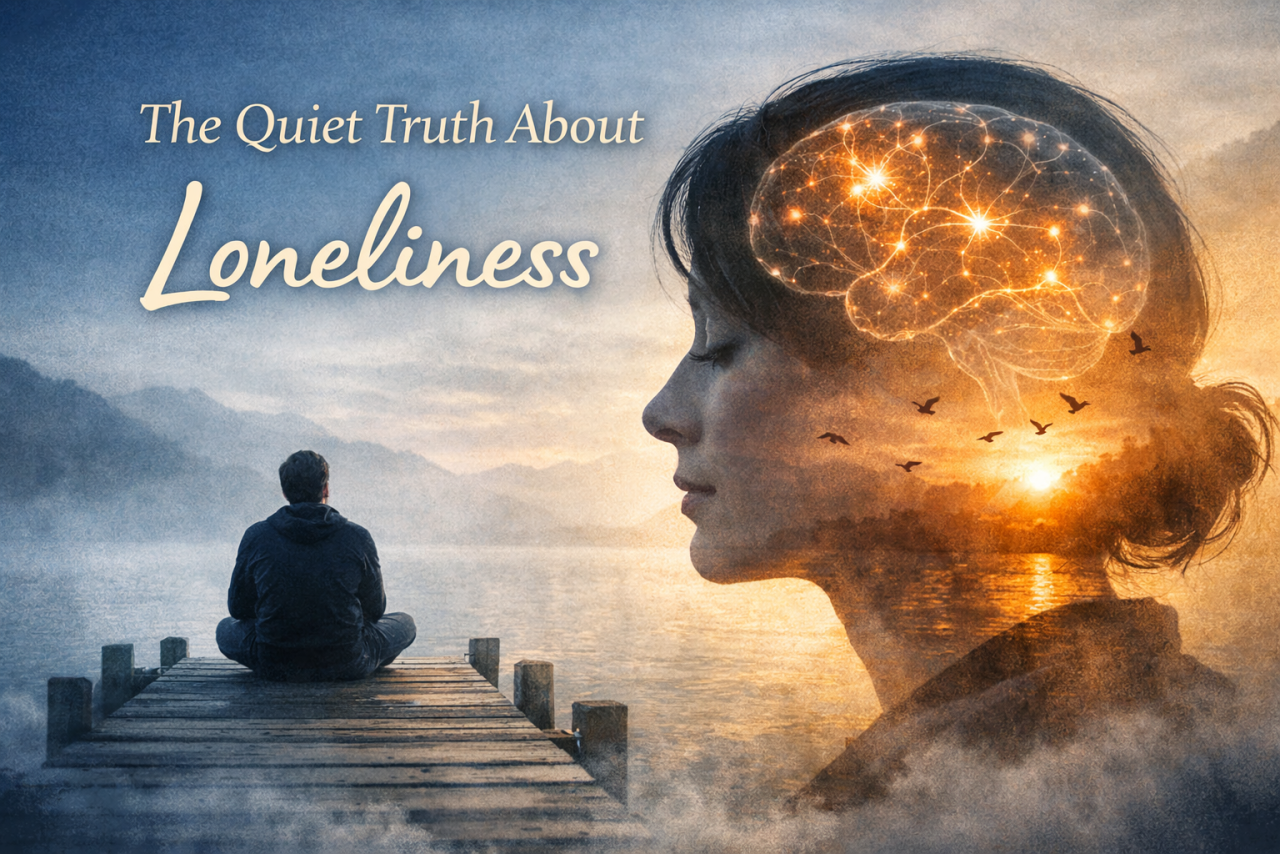
Many believe that science holds greater importance than literature. However, a deeper examination often reveals the opposite—or at least a more balanced perspective. Even Einstein famously stated that imagination is more important than knowledge. Literature fosters imagination, while science translates that imagination into reality. In essence, science is understood through language, and without literature, the very concepts of science would be difficult to retain. Numbers cannot encapsulate language, yet language is what gives meaning to scientific discovery.
Science provides formulas and methodologies to solve problems, but literature—crafted from just 26 letters—creates entire worlds of meaning, shaping human thought and emotion. Science operates within structured layers, while literature remains open, fluid, and boundless.
Literature emerges when imagination tirelessly fuels the human mind, offering entertainment and emotional depth. Science, on the other hand, turns imagination into tangible reality. When evaluating both through the lens of human experience and societal impact, literature often carries greater weight. It forms the foundation of civilization, transcends time and space, and fosters empathy, shaping societal perception through its emotional resonance. Science, constrained by facts and figures, remains bound to empirical reality, unable to accommodate the intangible aspects of human experience.
Literature serves as a teacher, exploring the complexities of human emotion, thoughts, and experiences. Science, in contrast, behaves like a student—constantly learning and experimenting to understand the natural world. When applied effectively, science produces innovations that enhance daily life, while literature cultivates happiness and social harmony. Science enables comfort; literature nurtures the soul.
Despite science’s role in expanding knowledge and driving technological advancements, its fundamental ideas have remained largely unchanged. Science influences nearly every aspect of our lives, yet literature, by offering insights into human nature, often provides the context needed to apply scientific advancements wisely.
Science relies on precision, averages, and quantifiable data, while literature thrives on rich, detailed narratives of individual experiences. Through literature, we live multiple lives and absorb wisdom from diverse perspectives. Science, in contrast, presents facts and figures applicable to real-world scenarios. While literature allows us to experience emotions and history through storytelling, science offers tools and theories to transform that understanding into reality.
Many scientists acknowledge that without literature, science would not function as effectively. Literature teaches critical thinking, enhances communication, and deepens our understanding of human nature. Science explains how things work, but literature explores why they matter.
Ultimately, the debate over whether literature surpasses science in importance is inconclusive. Both fields are indispensable in shaping a better, more meaningful world. Literature grants access to the human psyche, while science categorizes and analyzes intellectual phenomena. As emotional beings, we are naturally drawn to literature because it speaks to the heart rather than mere logic. While science drives progress, literature ensures that progress remains human-centered. Some aspects of life transcend scientific understanding; literature provides us with those experiences. Understanding life fully requires more than just knowledge—it demands experience, emotion, and imagination, elements that literature so effortlessly provides.






















MUDIT KUMAR JHA
1 year agoGood observation
MUDIT KUMAR JHA
1 year agoGood observation
MUDIT KUMAR JHA
1 year agoGood observation